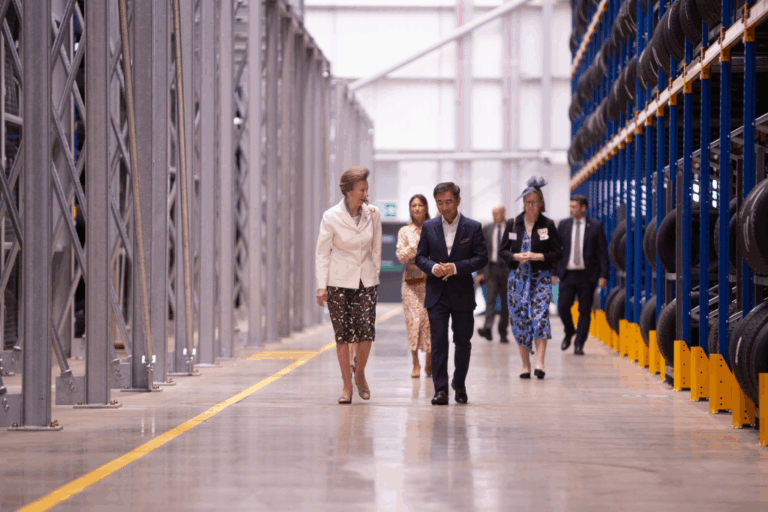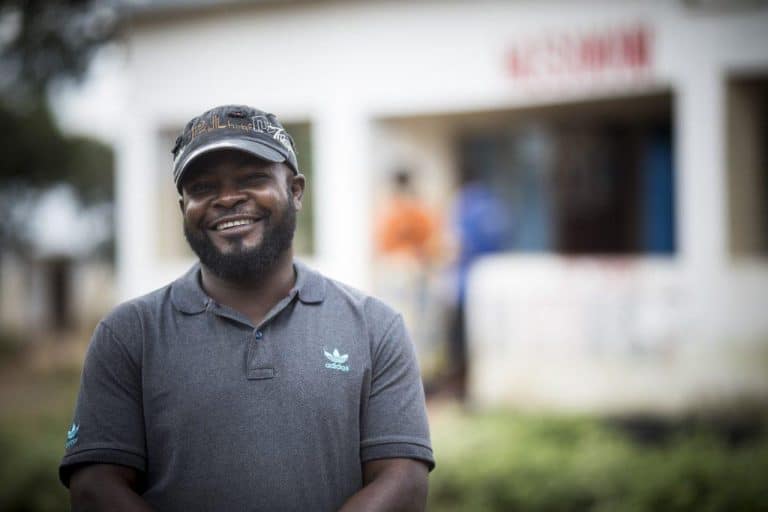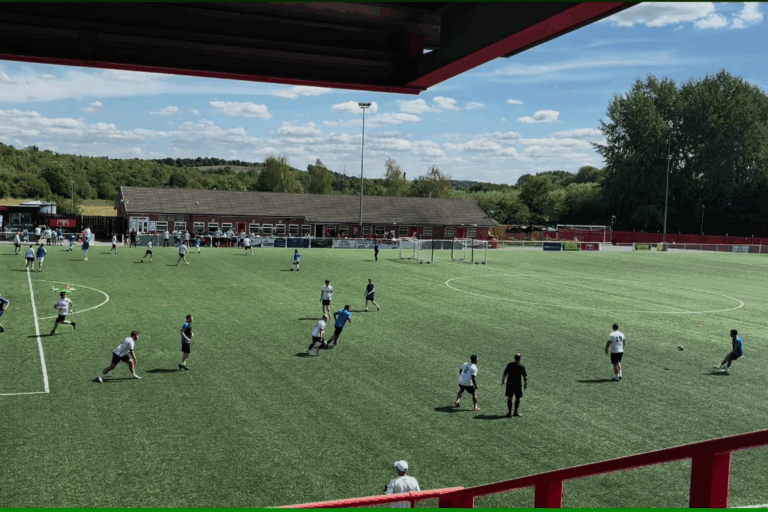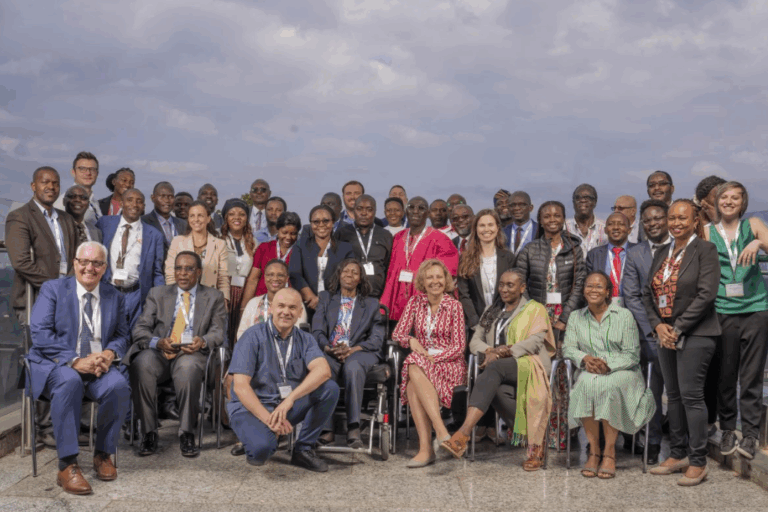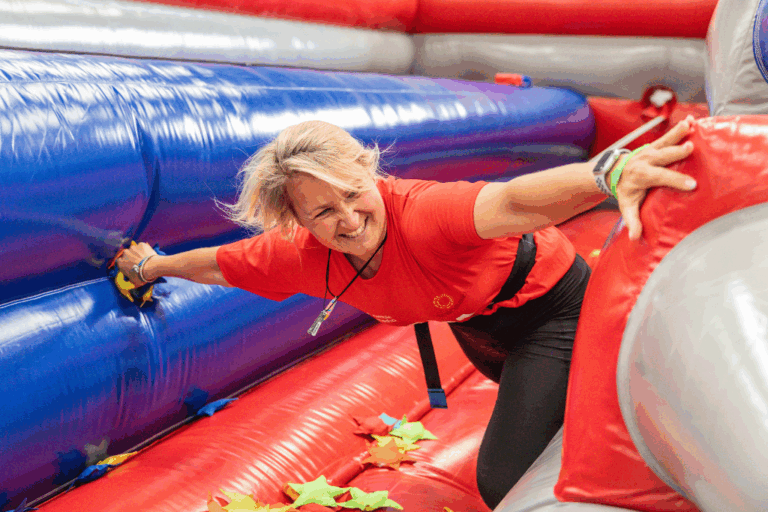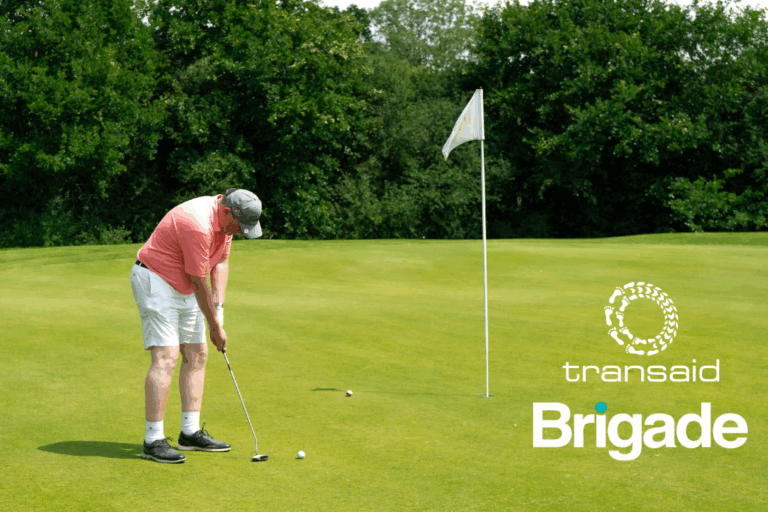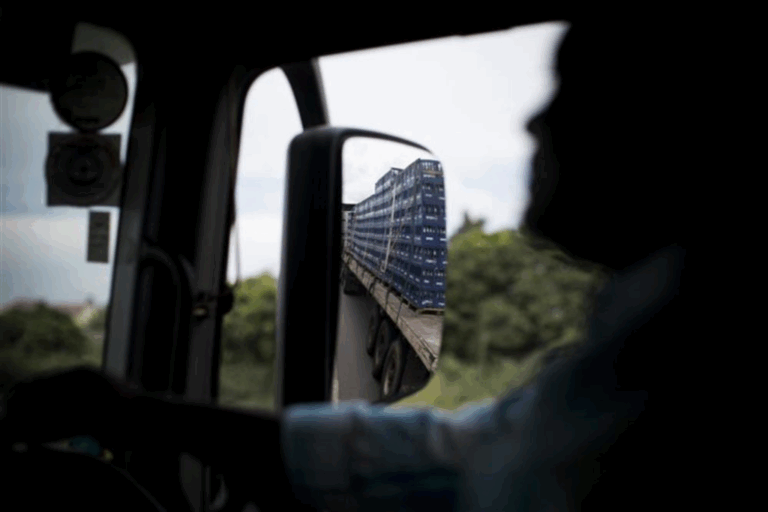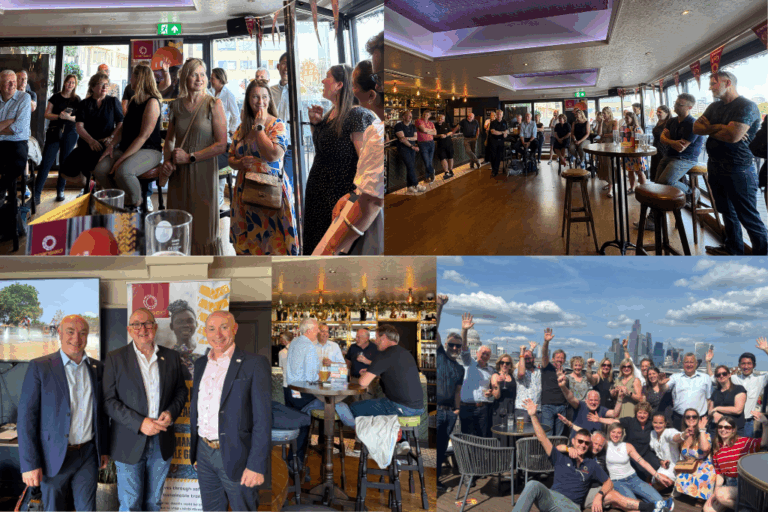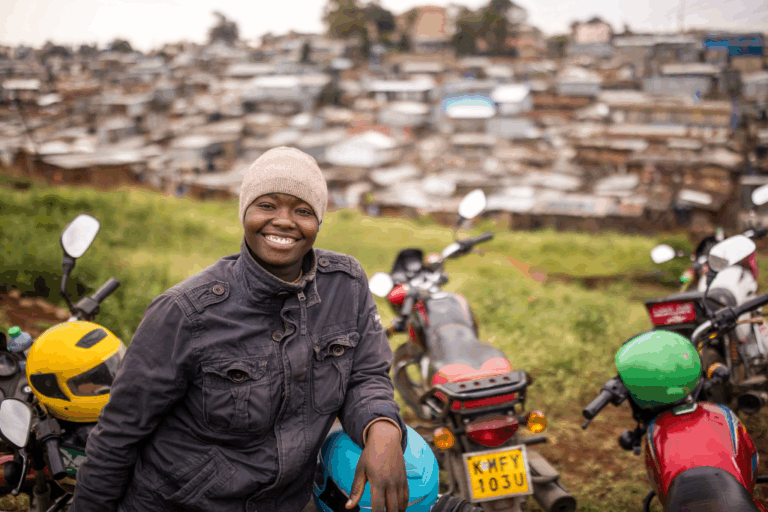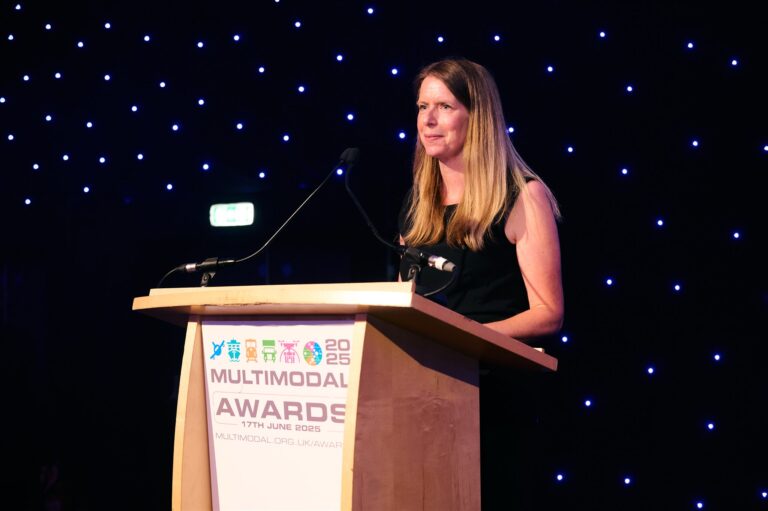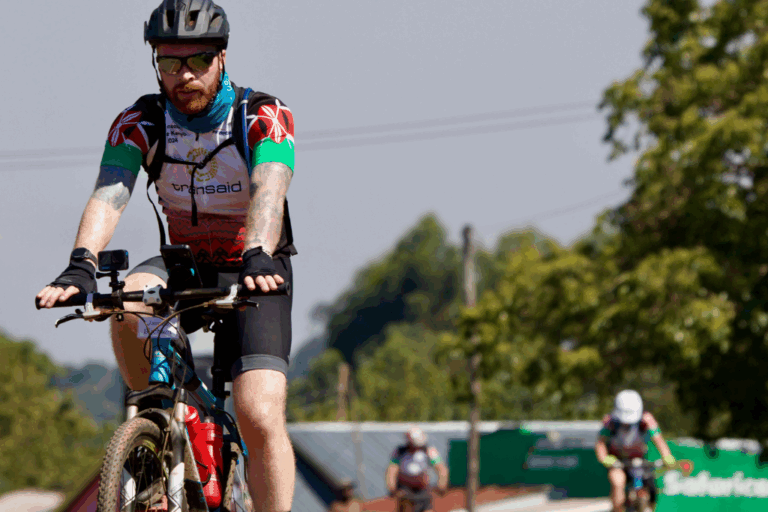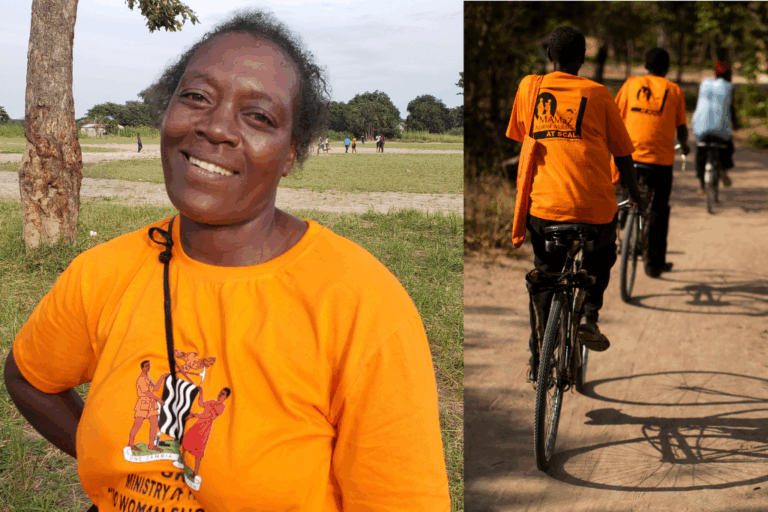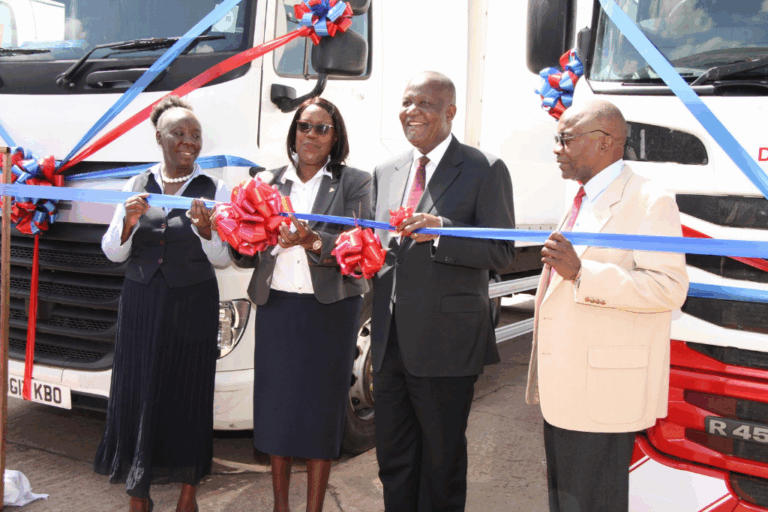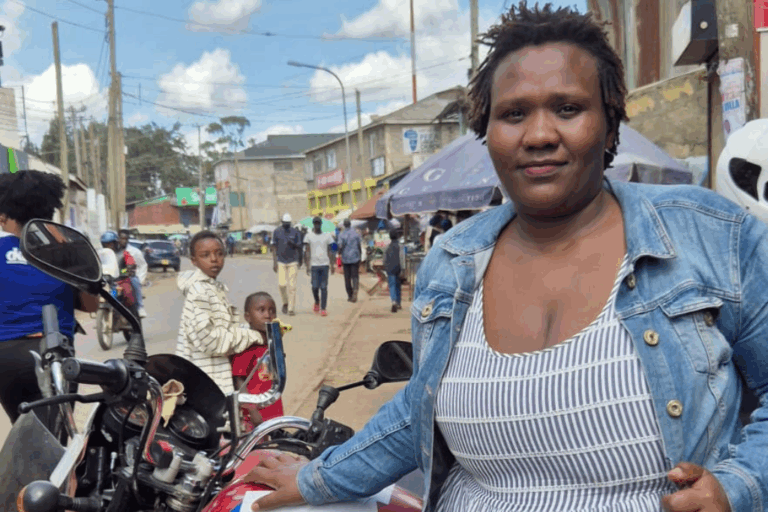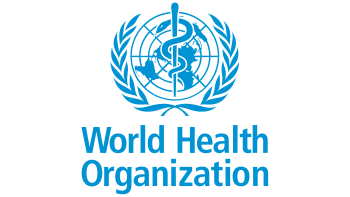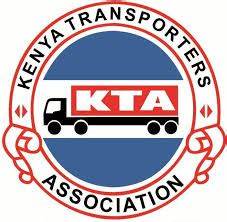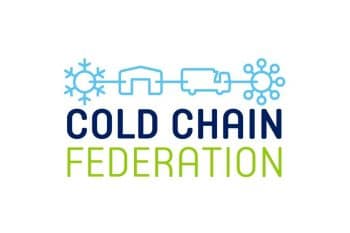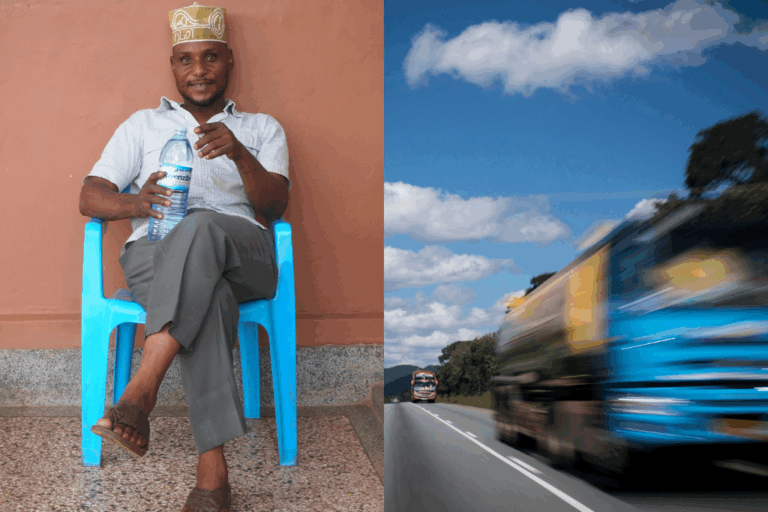
News
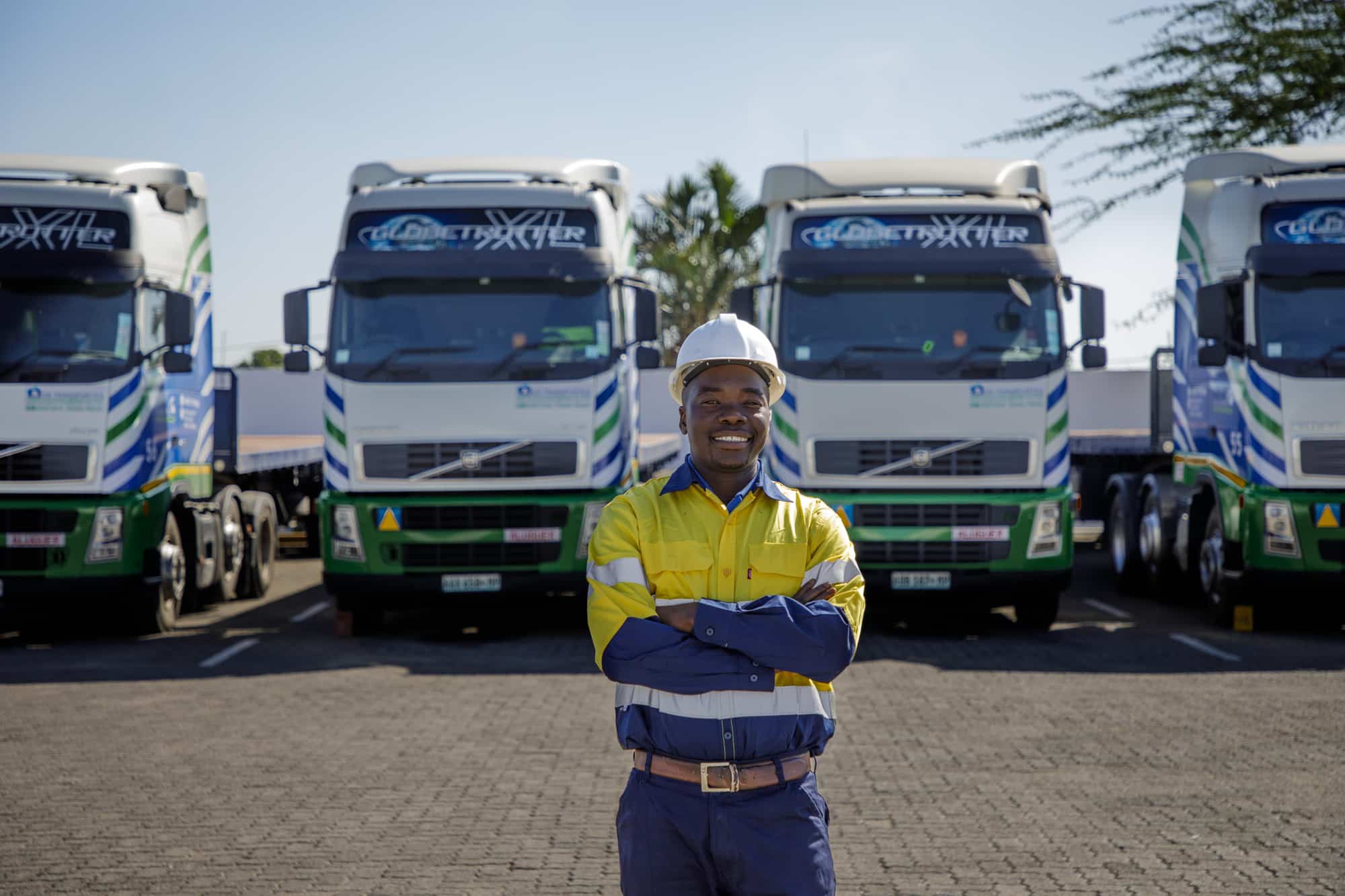
World Malaria Day 2025
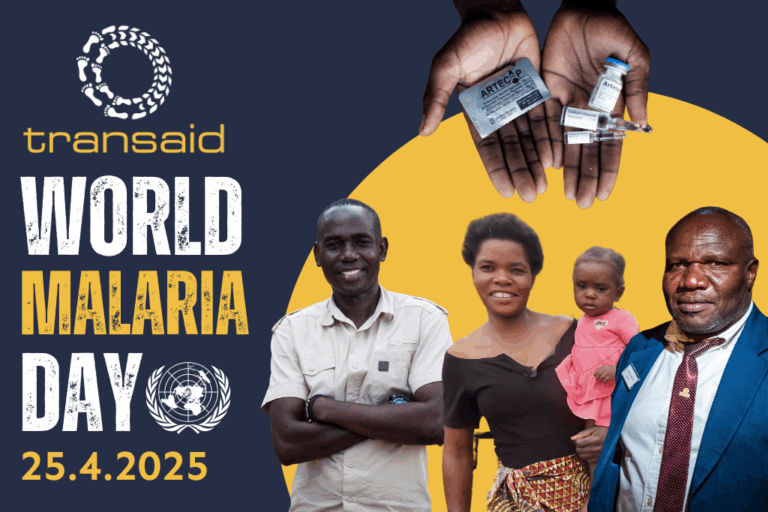
Malaria Ends with Us: Reinvest, Reimagine, Reignite
World Malaria Day calls for the international community to invest time and resources into the fight against malaria.
The United Nations has set the target of ending the epidemics of malaria, AIDS, and tuberculosis by 2030 under Sustainable Development Goal 3.3.
Transaid is committed to meeting this target. Alongside our partners, we’re helping to reduce deaths from severe malaria.
Did you know…?
- In 2023, the WHO African Region accounted for 95% of global malaria deaths.
- 76% of malaria deaths in the WHO African Region were in children under five.
- Nearly every minute, a child under five dies of malaria.
*stats from the World Health Organisation (WHO).
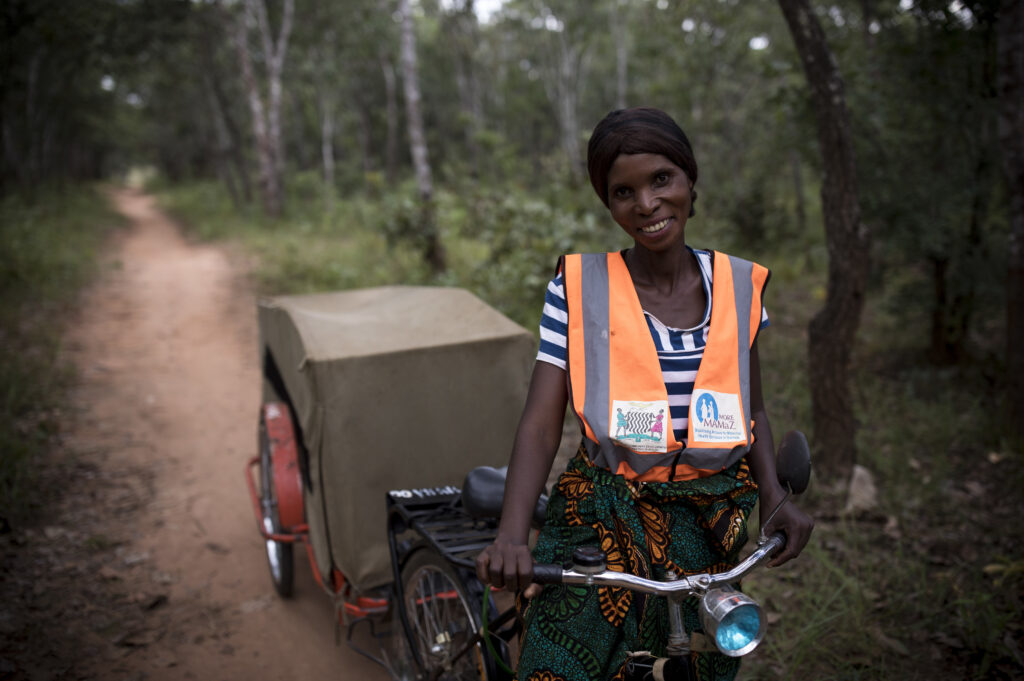
Many countries in sub-Saharan Africa have achieved great milestones in eliminating malaria. For example, Transaid and partners’ MAMaZ Against Malaria and MAM@Scale programmes have achieved incredible results across Zambia. These programmes support the scale-up of an evidence-based intervention that aimed to increase access for hard-to-reach communities to effective treatment for severe malaria in high malaria burden settings.
The MAMaZ projects have helped to reduce deaths from severe malaria in children by 90% in eight scale up districts, by supporting communities with emergency transport systems (ETS) such as bicycle ambulances, training community health volunteers, and setting up food banks which serve as a safety net for families when faced with medical emergencies.

In March 2025, Transaid launched new guidelines, commissioned by Medicines for Malaria Venture (MMV), for pre-referral rectal artesunate (RAS) implementation, a pre-treatment for severe malaria proven to substantially reduce the risk of death among young children. These guidelines were produced in response to requests for additional practical guidance on implementing RAS in national malaria programmes, following guidance produced by the WHO in 2023.
Nevertheless, progress towards eliminating malaria is at risk of stalling.
Conflict, humanitarian emergencies, economic hardship, and climate change all threaten progress towards ending the epidemic of malaria. This World Malaria Day, Transaid is calling for recommitment to ending malaria.
To mark the day, we’re sharing stories from the communities that Transaid works with, to celebrate the progress Zambia has made towards eliminating malaria and to highlight the continued need for investment.
We’re also sharing thoughts from our programme and corporate partners on why we need to reinvest in, reimagine, and reignite the fight against malaria.
Sebastian Simpasa – Project Officer for the MAMaZ programmes in Zambia
Sebastian Simpasa is a Project Officer for the MAMaZ programmes in Zambia, supporting the delivery of training for community health volunteers and bicycle ambulance riders, the delivery of bicycle ambulances, and liaising with the Zambian government.
Sebastian became involved with the programmes after originally working as a driver for the MAMaZ team and helping with translation.
In the past, Sebastian notes that “at a community level, decision-making was very, very poor… too much time was being lost.” Now, Sebastian says that communities are “taking ownership of the project and are more confident in their decision-making.”
“The volunteers deserve a lot of credit. Many go the extra mile and go door-to-door in their communities to educate on malaria and maternal health. They go to community meetings, funerals, everything.”
In addition to education, Sebastian says that ETS like the bicycle ambulance are a lifeline for rural communities: “The ETS is not perfect, but there’s a big difference between walking for five hours and cycling for two hours. Time is crucial in saving lives.”
“I would like to see a scale-up to cover 99 percent of the districts in Zambia,” Sebastian says with a smile, “our approach works – we just need the capacity to visit more and more communities. We as a nation can break down the barriers to accessing healthcare.”
Read Sebastian’s full interview.
Grace and her daughter Comfort
It was past midnight when Grace Kalunga noticed that her daughter Comfort Chola, who was just a few months old, had a high temperature.
Based on the teaching that Grace and her husband received from Transaid and partners’ MAMaZ programmes, Grace recognised the danger signs for severe malaria in Comfort and realised they needed to get to the health facility as quickly as possible.
They used the community bicycle ambulance to take Comfort to the health facility, which is located 17km from their home – a distance that would take over three hours on foot. The journey using the bicycle ambulance took just over an hour.
A health professional confirmed that Comfort had malaria and gave her injectable artesunate. Her condition improved, and Comfort was discharged.
Grace says: “We thank Transaid and the MAMaZ projects for the knowledge they shared which taught me to recognise the danger signs of malaria.
“We also want to thank the project for giving our community a bicycle ambulance, which really helps us as we live very far from the health facility. Who knows, we could have lost our child if we didn’t reach the health facility in good time.”
“Most of the children you see here, are here because of this very bicycle ambulance.”
Read Grace and Comfort’s full story.
Benard Mpande – ETS Support Officer for the MAMaZ programmes in Zambia
Benard Mpande is an ETS Support Officer in Zambia supporting Transaid and partners’ MAMaZ programmes.
Benard became involved in the programmes in 2010 after working as a driver transporting the project team and Ministry of Health colleagues from Lusaka to rural areas.
“I accepted the role of ETS Support Officer because I saw the need. When talking to these community members, there was always a component of transport that was coming up. They always talked about the need for transport.”
For Benard, the programmes carry out vital work. He says: “The MAMaZ projects are very, very important because they easily communicate with the community members… what I can say is that our interventions are really helping communities.”
Nevertheless, Benard also highlights that programmes like MAMaZ need to be sustained to keep making a difference: “There’s a risk that we can’t progress. Community health volunteers are continuing the work trying to educate the communities, but there’s a risk of not sustaining what we left on the ground.”
Scale-up is equally as important to Benard: “With more support, I would suggest that we cover the whole country so that we could aim for the same progress made in areas like Serenje and Chitambo. It’s important that other places also have the chance to implement these interventions.”
“The last thing I want to say is to the potential donors or funders: there’s a lot of work out there. Together, yourselves and ourselves, we are making a difference. We are saving lives and together we can manage severe malaria and maternal health.”
In 2020, Sebastian and Benard both won Transaid’s inaugural Victor Simfukwe Award, which honours Transaid’s friend and colleague Victor Simfukwe, a Zambia-based Project Manager, who tragically lost his life in a road traffic collision in 2019. The award recognises those who have made an outstanding contribution to Transaid’s mission.
Hans Rietveld – Director of Access & Product Management at Medicines for Malaria Venture
Hans and his team focus on engaging with policymakers, healthcare practitioners and researchers in several countries with high malaria prevalence to address barriers in adopting and distributing antimalarials.
Hans says of the new RAS guidelines: “The rectal artesunate implementation experience from Zambia has been a shining light for other countries. It shows that strengthening referral pathways, training CHWs and sensitising the communities are key interventions which help improve the continuum of care for severe malaria patients.
“This pioneering work, initiated by Medicines for Malaria Venture in collaboration with Transaid and other partners, has served as a pathfinder for other National Malaria Programs. There are now about 20 countries deploying rectal artesunate as a pre-referral intervention, and more to follow.”

Clare Bottle – UKWA CEO
Clare Bottle is the CEO of the UK Warehousing Association, a corporate partner of Transaid, and a passionate ambassador for our work.
Clare reflects: “Transaid’s mission, ‘Malaria Ends With Us’ reflects the uncompromising approach taken by the charity to tackle this devastating disease. UKWA is immensely proud to play our part, particularly in supporting the amazing MaMaZ Against Malaria programme in Zambia.
“The highest proportion of deaths in sub-Saharan Africa is amongst children under 5, a tragic statistic that this vital programme aims to reduce – and ultimately, eliminate. This campaign shows how much our industry can achieve, through sharing best practice, promoting road safety and helping fund vital equipment such as bicycle ambulances.”
Read the new RAS Community Guidelines here.

Recent Posts

